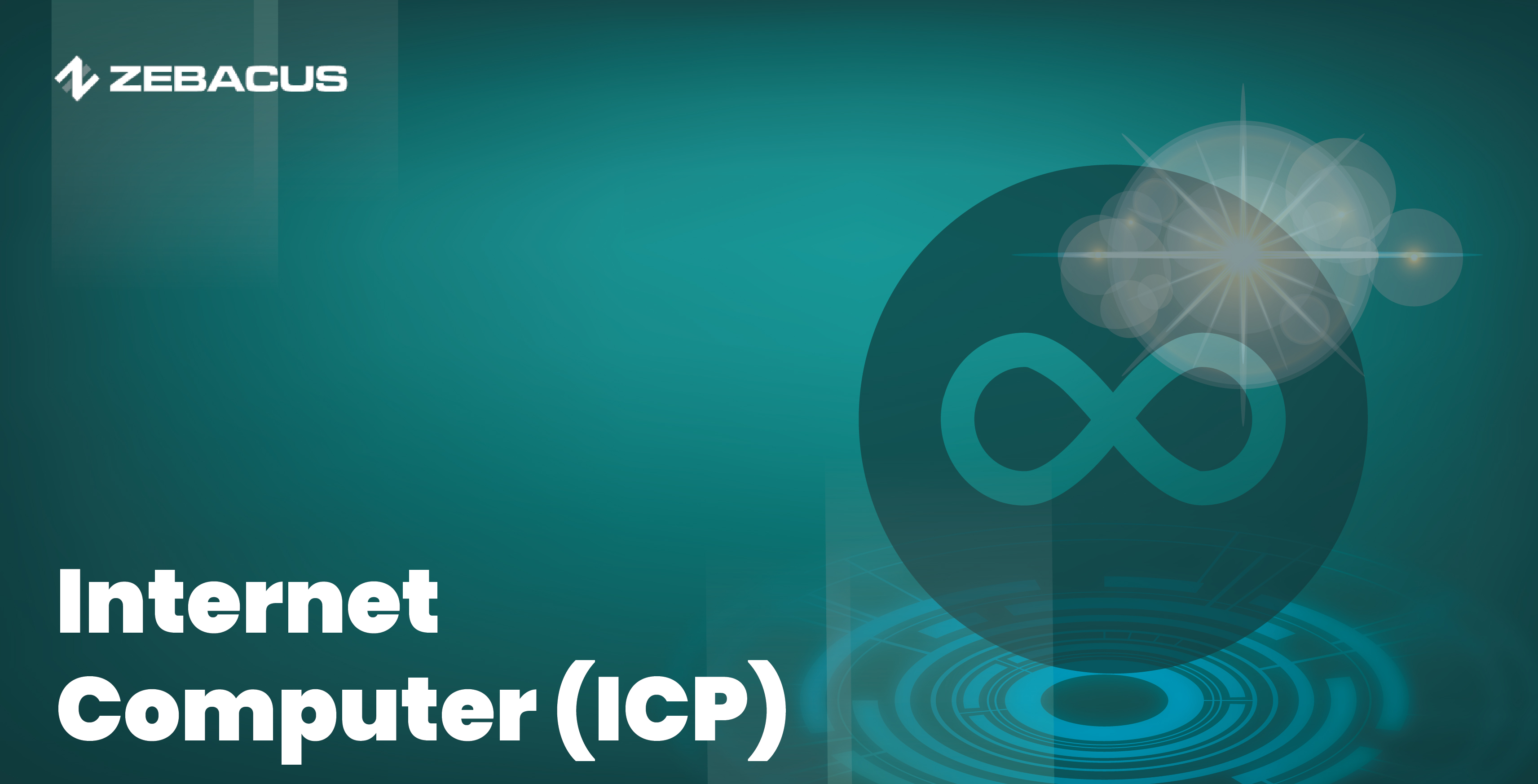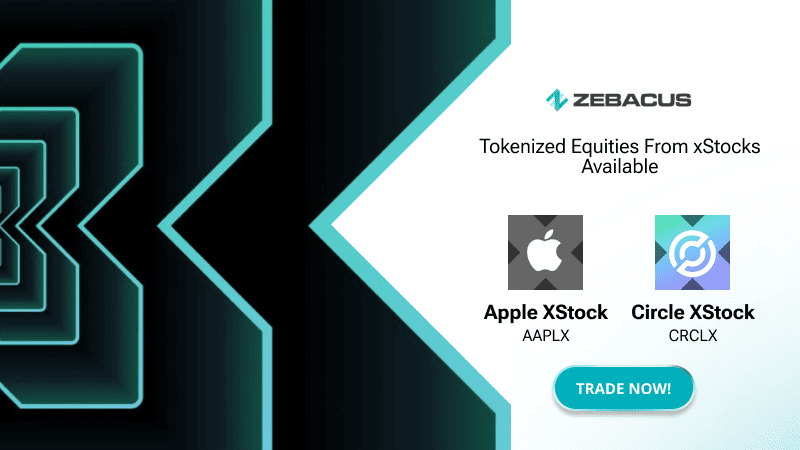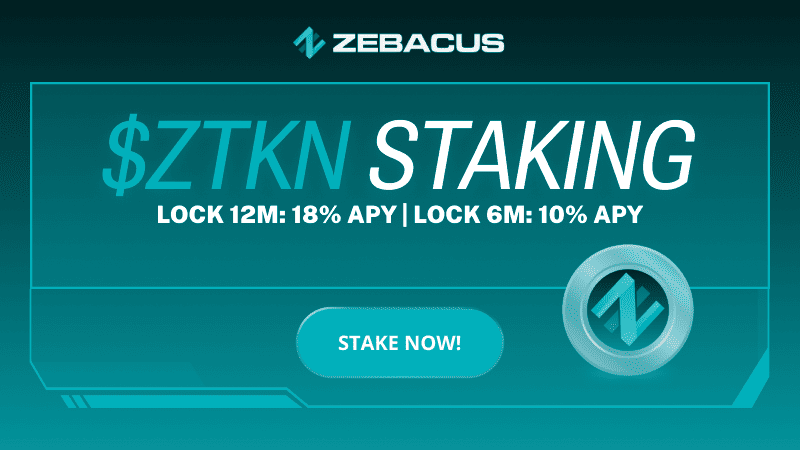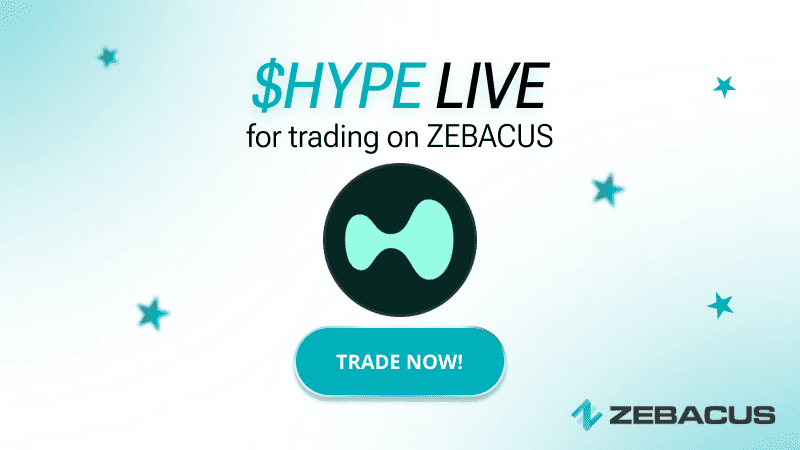What is Internet Computer (ICP)?
Cloud computing is considered one of the most important technologies of the future and some of the major tech companies make up almost all of the market share. The increasing adoption of cloud computing also incited questions regarding the privacy, security, and economic feasibility of this trend. Internet Computer (ICP) is a groundbreaking blockchain project that aims to disrupt the cloud computing space. Despite its relatively recent introduction, ICP has garnered significant attention for its ambitious goals and unique technology. So, what exactly is Internet Computer, and why should you care about it? Let's dive in.
The History of Internet Computer
The Internet Computer is a brainchild of the DFINITY Foundation, a nonprofit organization founded by Dominic Williams in 2016. The project aims to extend the functionality of the internet by transforming it into a global computer where software can run directly on a decentralized network. Essentially, the Internet Computer seeks to create a public, decentralized cloud platform that allows developers to build and deploy software without relying on traditional IT infrastructure.
The DFINITY Foundation launched the Internet Computer's mainnet in May 2021, marking a significant milestone in its development. This launch was accompanied by the release of the ICP token, which is used to power the network and facilitate transactions.
What Makes Internet Computer Unique?
The Internet Computer stands out from other blockchain projects due to its novel approach to decentralization and scalability. Here are some key features that set it apart:
Chain Key Technology: At the heart of the Internet Computer is the Chain Key Technology, which enables the network to operate at web speed. This technology allows the Internet Computer to process updates to smart contracts and handle transactions within milliseconds. As a result, it can scale to support millions of nodes, far surpassing the scalability of traditional blockchains like Ethereum.
Decentralized Autonomous Governance: The Internet Computer is governed by the Network Nervous System (NNS), a decentralized governance system that controls the network's operation and evolution. ICP token holders can participate in governance by submitting proposals and voting on network upgrades and changes.
Canister Smart Contracts: Unlike traditional smart contracts, which run on individual nodes, canister smart contracts on the Internet Computer are hosted on a decentralized network of nodes. This design enhances security, scalability, and performance, making it easier for developers to build and deploy decentralized applications (dApps).
Endless Storage: The Internet Computer offers a novel approach to storage, allowing applications to store data directly on the blockchain. This feature eliminates the need for external storage solutions, making it possible to build fully decentralized applications without relying on centralized data storage.
How Does Internet Computer Work?
The Internet Computer operates through a combination of advanced cryptographic techniques and a decentralized network of independent data centers. Here is a simplified version of its working mechanism:
Nodes and Subnets: The Internet Computer consists of a network of nodes organized into subnets. Each subnet can host multiple canister smart contracts, which are the building blocks of applications on the network.
Chain Key Cryptography: Chain Key Cryptography ensures the network's security and enables it to process transactions at web speed. This cryptographic framework allows the Internet Computer to manage the consensus and state of smart contracts efficiently.
Network Nervous System (NNS): The NNS is the brain of the Internet Computer. It governs the network by managing upgrades, monitoring performance, and coordinating the activities of nodes. ICP token holders can participate in the NNS by staking their tokens and voting on proposals.
ICP Tokens: The native cryptocurrency of the Internet Computer is ICP. These tokens are used to pay for computation and storage on the network, as well as to participate in governance through the NNS. ICP tokens can be staked to earn rewards and influence the future direction of the network.
Final Thoughts
The Internet Computer (ICP) is an ambitious project that aims to reshape the Internet by providing a decentralized, scalable, and secure platform for building and deploying applications. Its innovative technology and unique approach to decentralization offer a glimpse into the future of the Internet. As the platform continues to evolve, it has the potential to transform various industries and redefine how we interact with digital services. Internet Computer represents a significant step toward a more open, equitable, and decentralized Internet.







